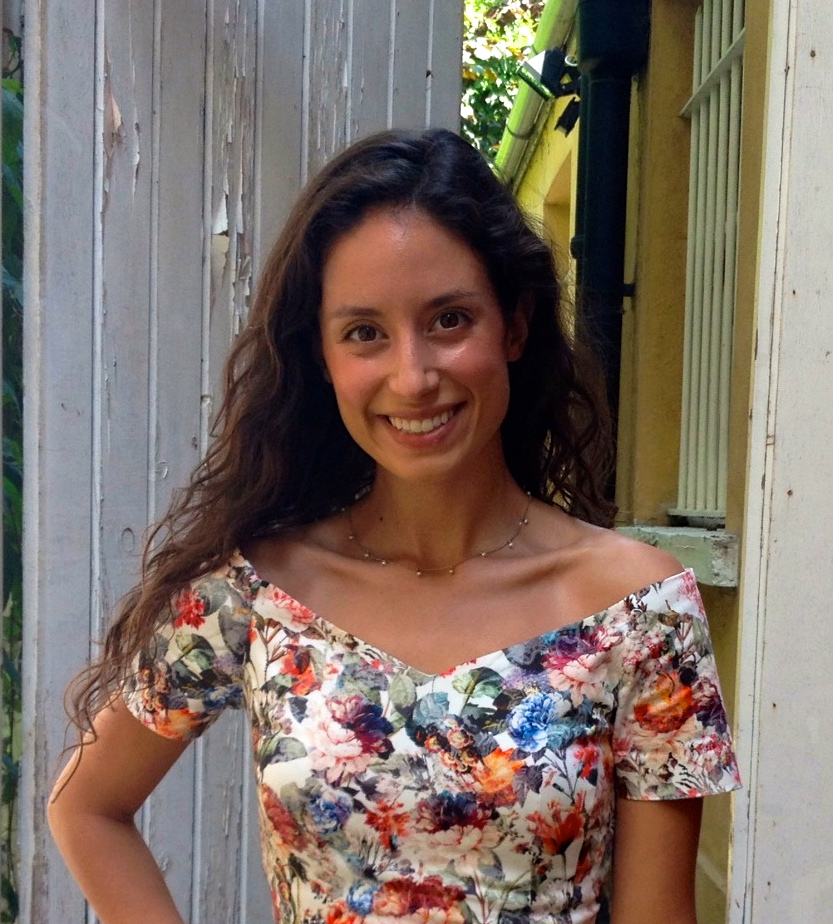
An outstanding Fulbright application tells a captivating and cohesive story that highlights the potential for personal, career and cultural development. Finding your host institution and building this particular relationship is a big part of that. The host institution should match your personal passions, add substance and merit to your project proposal and contribute an enthusiastic affiliation letter.
Tackling this delicately balanced relationship is an often-overlooked part of the Fulbright application. Overall, the key to this section of the application is confidence. You and your project are worthy of attention, resources and time. Remember that any host institution around the world should be honored to host a Fulbright student, researcher or scholar, and it is on this basis that you should be bold (but always polite) in your approaches. You are not powerless at this point; rather you are building an interdependent relationship that must be curated for success. To garner a successful Fulbright host affiliation letter and host relationship, try following these four suggestions:
1. Look up where previous grantees have been hosted or institutions with Fulbright professorships
The Fulbright official website, grantee directory, and numerous fellowship blogs are fantastic resources to see where Fulbright researchers or scholars go. Usually there are two or three institutions in every country that host a Fulbright scholar every year. Some of these institutions even have chairmanships in the name of Fulbright. These connections are a good indication of which institutes have good standings in the host country’s Fulbright selection board, with resources that can adequately host and supervise a Fulbrighter in the right way. Finding these patterns is a good introduction to the inside world of academic Fulbright grants.
2. Contact the institute’s liaison responsible for “international fellows” (if they don’t have it clearly denoted, just send some emails around… don’t be shy!)
An introductory email to a potential host institution is beneficial for everyone. Make sure to write a kind, open and honest email that displays pride in your project and your own merits, but acknowledges the competitive nature of the Fulbright fellowship. Universities and many academic institutions often host visiting fellows, so they should be familiar with this type of “pitch.” Indeed, if they are a grant-based organization, they will be intimately familiar with the process of proposing projects and waiting for funding.
Contacting a host institution with less awareness of the Fulbright program is not entirely recommended. This can definitely be rewarding and may offer a unique experience, however the ultimate say of the host country’s Fulbright board should be considered. If they do not know the host institution, they might have some biases against your Fulbright application.
3. Showing a passion for your project to the extent that you are willing to travel and meet in person is always valuable
If you’re able to, make a trip to your potential host country and announce your presence! Set up a meeting with your contact, walk around the city, and be part of the environment for a day or two. Showing this sort of enthusiasm and dedication almost always engenders positive outcomes. Even if your Fulbright application is not successful, hopefully you would have made an impact on the organization, opening up future employment or funding opportunities. Moreover, you might try to apply to Fulbright again and can maintain this relationship better if you have had an in-person meeting. However, if you do not have the resources for an in-person visit, your application will certainly not be at a disadvantage. Video conferencing technology like Skype and Google Hangouts can help make introductions and discussions more personal.
4. Make sure to ask for a desk/necessities/library access… all the small things
Cramped quarters and limited resources make it hard for host institutions to offer what academics might be used to in the United States. Nevertheless, ask for the necessities you need to make your Fulbright project successful. This usually includes an office or desk, access to a university or library, and perhaps even an assistant or intern. Of course, these might be luxuries in certain places in the world, but if you are heading for a country that is able to provide these things, make sure you ask for them upfront. Again, this is about confidence. If you have the tools you need, you will ultimately be more motivated, thorough and productive.
While this part of the process might have that metallic aftertaste of the dreaded “networking” that some academics struggle with, it is important to remember that you are trying to make a genuine connection – one that could last years beyond a Fulbright grant. It is this long-term outlook combined with optimism and confidence that will best serve each potential Fulbright grantee securing a host institution abroad.
Doreen El-Roeiy is a current Fulbright research scholar at the Raoul Wallenberg Institute of Human Rights and International Law at Lund University, Sweden. Her past experiences include the U.S. Department of State, the United Nations, and the American Foreign Service Association. Dorren completed a Masters of Science in Global Civil Society from the London School of Economics and a BA Magna Cum Laude from Brandeis University in International Relations.
© Victoria Johnson 2015, all rights reserved.